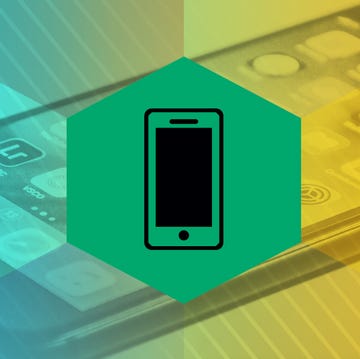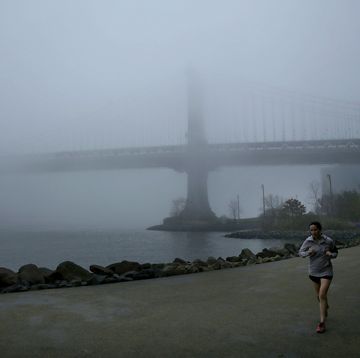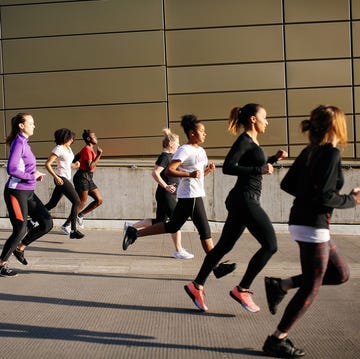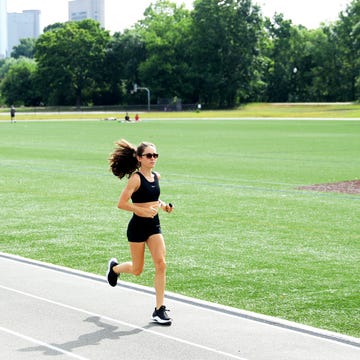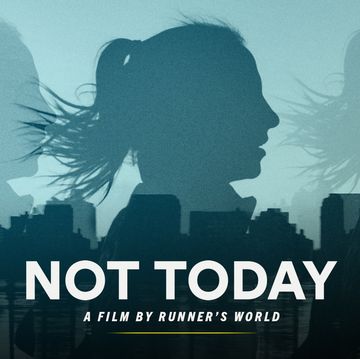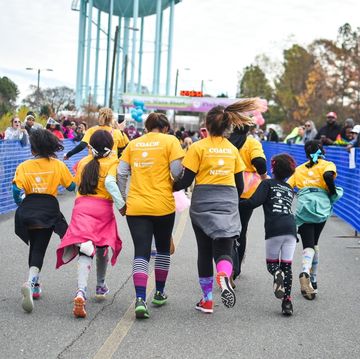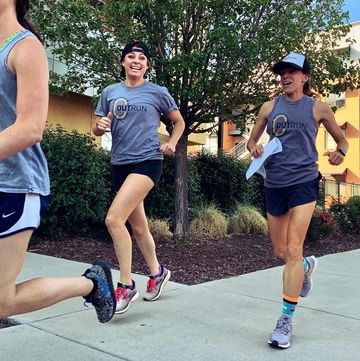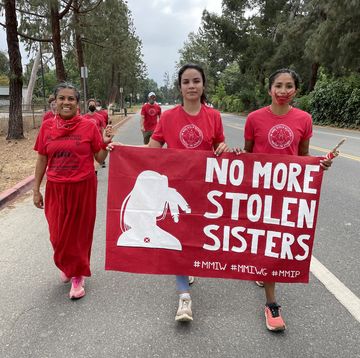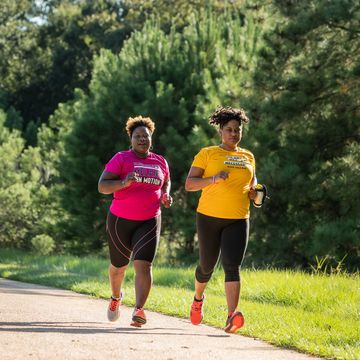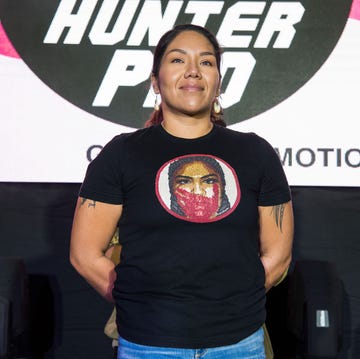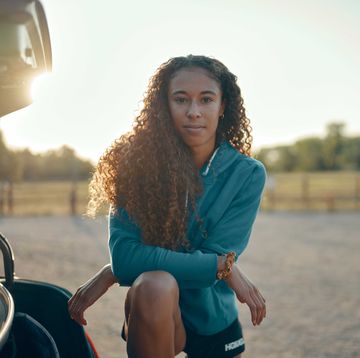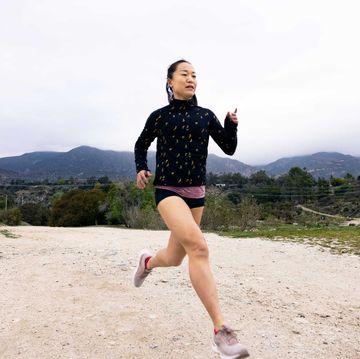Watch NOT TODAY, a Film From Runners World trail runner Violence Against Women Isnt About a Ponytail OUTrun with her partner Corey Conner in May 2019. OUTrun is a community initiative that seeks to connect and support LGBTQ+ individuals through running. In just 15 months, OUTrun has expanded its network from the Denver, Colorado area with about 25 ambassadors who are creating inclusive, supportive communities for LGBTQ+ people around the country. Now Bracy is bringing her expertise to the Runners Alliance.
RUNNER'S WORLD: What issues do you hope to address as a Runners Alliance ambassador?
BRACY: One is connecting LGBTQ+ runners with each other. There is power in numbers and an empowerment in just feeling like you're not the only one.
[The second one is] making running spaces more welcoming. The running community is already really amazing and made up of such awesome people, and I think a lot of [negative] stuff is unintentional and maybe just the way things have been done for a long time.
Specifically what we're focusing on—outside of creating chapters and making little pockets of OUTrun communities throughout the country in various cities—is working with race directors and maybe at some point brands, to be aware of their verbiage and their marketing voice. Asking: Are you promoting your event or your brand or your race in a way that feels inclusive to everyone? That could be the registration process and gender identification options, transgender policies, really anything that shows an open arms approach to any kind of runner. I think the awareness could go a really long way in the sport.
OUTrun is a little over a year old now. What has been the response and what have you learned in this first year?
We knew it would make a difference. But the outpouring that we got from people, and the amount of emails we got with people sharing their stories and thanking us for being visible was maybe more than we imagined.
One thing that Corey and I are starkly aware of is that we can choose to hide [being LGBTQ+] if we want to. It's not like being a racial minority or having a disability. We can choose not to talk about it. When she and I started the organization, we also chose that we were going to not hide that when we were at races. And so an example of some of the emails we would get would be from people at ultra races. If I saw her at an aid station and she was crewing me, I would give her a kiss and that to them was like, Wow, I never would've thought of doing that. I've always felt that's something I should hide. And our realization was that we had been adding to the problem by also hiding that. When people see someone that they identify with, it makes them feel more welcome in that space or more encouraged to also be themselves. And I think the number of emails we got signifies to me that there probably are a lot of LGBTQ+ people in the running community who maybe just aren't being open about it. [We want] people to feel encouraged to be fully themselves in a community that they already really love being part of, and maybe have not shown that side of themselves.
Why is supporting LGBTQ+ runners important to you?
Running is very important to me and being a part of this LGBTQ+ community is very important to me, and I lived a big part of my life thinking that those things couldn't overlap because they didn't very often. There wasn't a ton of visibility. When I was in high school struggling with this and hadn't come out, running was very good for me. It made me feel good about myself. I had relationships with teammates that made me feel supported and encouraged. And had I not had that, I think I would've had a much harder time.
Running has so much potential for other people to feel that same kind of community and encouragement. But it isn't very diverse. And so I want to bring more people in and say, As an Asian American, I Cannot Outrun Racism.
What experiences led you to advocate for LGBTQ+ runners?
Corey and my story and how we met is part of it. We met each other long before we ever got together, but we didn't know that the other person was gay. And so it's just serendipitous that we reconnected. But more than that, for so many years of my life, I didn't see anybody that represented what I felt like I was, and for that reason I chose to hide. And so [now] I want to be visible, to be an example, which sounds kind of arrogant to me in some ways, but to encourage other people to not spend as long as I did thinking that they couldn't exist in both places.
What is your ultimate goal with your advocacy work?
To make everybody feel welcome in these spaces that have always made me feel so welcome. Just because you're not actively participating in any kind of discrimination doesn't mean you aren’t passively contributing to the problem. You should be actively against any kind of discrimination. And so that's the conversation I had with myself. I want to make that space feel more actively welcoming to people, actively encouraging "others" to come be part of it because I don't think it will take a lot. There are already so many amazing people in the sport, so why not open it up to more people to come be part of it?
What does running mean to you? How do you think running helps you in your advocacy work and in reaching the community you serve?
It's been everything to me. There have been times in my life when I really struggled with hiding that part of myself. It definitely affected my mental health for many years. But I think running is something that always made me feel empowered. Whether it's knocking out a hard, long run on the roads or doing a mountain run, you just feel so good about yourself. And it provided me with community, which was huge. I think everybody important in my life somehow stems back to running.
On the platform side, it's not like I'm a big name by any means, but when I started thinking about having limited years in the sport left, I realized I want to leave it better than it was when I got here. So I’m using the time I have left to reach as many people as possible and make that the message.
Why did you decide to become a Runners Alliance ambassador?
The mission in general aligns with some of what we're trying to do. I think at times we get focused on the positives in terms of all these great things that can happen from promoting inclusiveness, but you can't ignore the challenges and safety is a big one. I've been lucky enough not to have very many issues, but I know people that have. Women's safety is already a big issue, but then when you add any kind of extra layer of 'other,' I think it increases the likelihood of something happening.
It's great for us to push all the positive changes, but there's also some awareness that needs to be directed towards the real threats and challenges that are unfortunately still out there.
What are your hopes for Runners Alliance?
That women don't ever have to worry about anything when they go for a run. The biggest thing I've seen through OUTrun is that there's so much collective empowerment that comes from building a louder voice. Feeling like you're not alone is such a huge thing, and we've seen that within our own organization. [Runners Alliance] seems like a really cool way to join forces and make that community bigger.
When you talk about the issues and challenges, you don't want the result to be fear. You want the result to be empowerment and strength, and I think that is what's coming from bringing all these awesome women together [for the ambassador program]. The result is going to be strength and power and not being afraid.
Taylor Dutch is a writer and editor living in Austin, Texas, and a former NCAA track athlete who specializes in fitness, wellness, and endurance sports coverage. Her work has appeared in Runner’s World, SELF, Bicycling, Outside, and Podium Runner.






